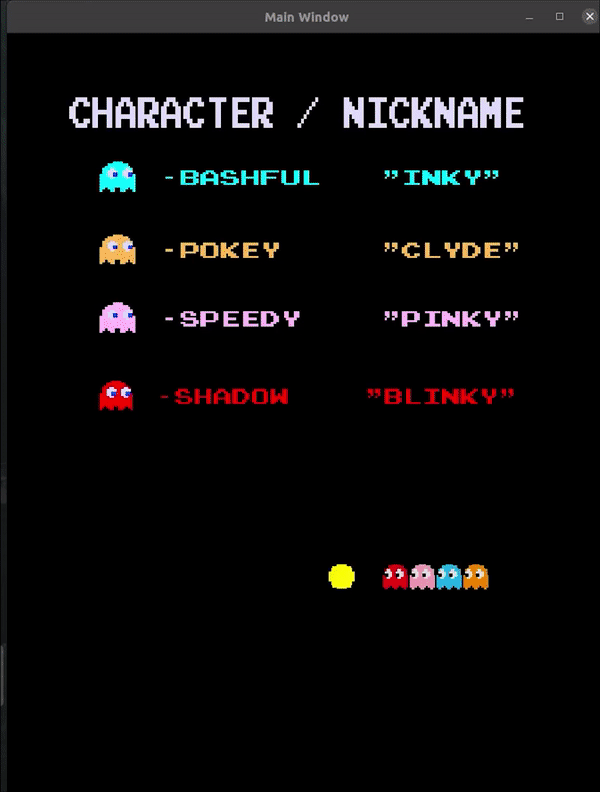Machine Learning and AI
The course covers the following topics
-
Regression
-
Parametric/Non-Parametric Learning
-
Discriminative and Generative Algorithms
-
Naive Bayes, Non‐linear Classifiers
-
Feature Engineering/Representation
-
Ensemble Methods
-
Support Vector Machine (SVM)
-
Unsupervised Learning and Clustering Algorithms
-
Principal Component Analysis
-
Neural Networks
-
Training, Testing, and Evaluation
-
Reinforcement Learning

Deep Learning
The course covers the following topics
-
Introduction to Deep Learning and its application
-
Neural Networks & Backpropagation
-
Convolutional Neural Networks (CNN)
-
Interpretability of Deep Learning
-
Graph Neural Networks (GNN)
-
Recurrent Neural Networks (RNN)
-
Variational Autoencoders (VAE) & Generative Adversarial Networks (GAN)
-
Deep Reinforcement Learning (DRL)
-
Solving Engineering problems using Deep Learning
Balancing of pendulum using policy gradient method shown on the right

Geometry Based Methods in Vision
The course covers the following topics
1. Fundamentals of projective, affine, and Euclidean geometries
2. Projective Transforms in 2D and 3D
3. Single view geometry: The pinhole model
4. 2-view geometry: The Fundamental matrix
5. 2-view reconstruction
6. N-view reconstruction
7. Self-calibration
8. Learning-based SfM and SLAM
Assignment list and links can be accessed by clicking the "View More" button.

Advanced Engineering Computation
This course covers the following concepts, with assignments in C++
-
Efficient data structures and algorithms for modeling and processing real-world data sets such as trees, hash tables, searching, priority queues, etc.
-
Techniques for simulation and visualization such as numerically solving ODEs and PDEs, viewing control, programmable shader, etc.
-
Tools for version controlling, scripting, and code building including sub-version, git, and cmake.
As part of the course project, I have successfully ported the classic Pac-Man game to C++. You can view a demo on the right, and access the complete code by clicking the "View More" button.

Engineering Optimization
This course covers the following concepts
-
Model construction
-
Sensitivity analysis
-
Metamodeling
-
Constraint activity
-
Nonlinear programming: necessary and sufficient conditions for optimality
-
Numerical methods.
-
Mixed-integer programming
-
Convexification
-
Global optimization
-
Decomposition,
-
Stochastic methods

Trustworthy AI Autonomy
The course covers the following topic
-
Latent space visualization
-
Adversarial machine learning
-
Generative models
-
Rare-event learning
-
Sequential decisions making - model-free methods
-
Sequential decisions making - model-based methods
-
Stochastic functional approximation
-
Adversarial AI
-
Safe AI
-
AI Evaluation
-
Hierarchical AI
-
Applied AI to real-world autonomy
-


